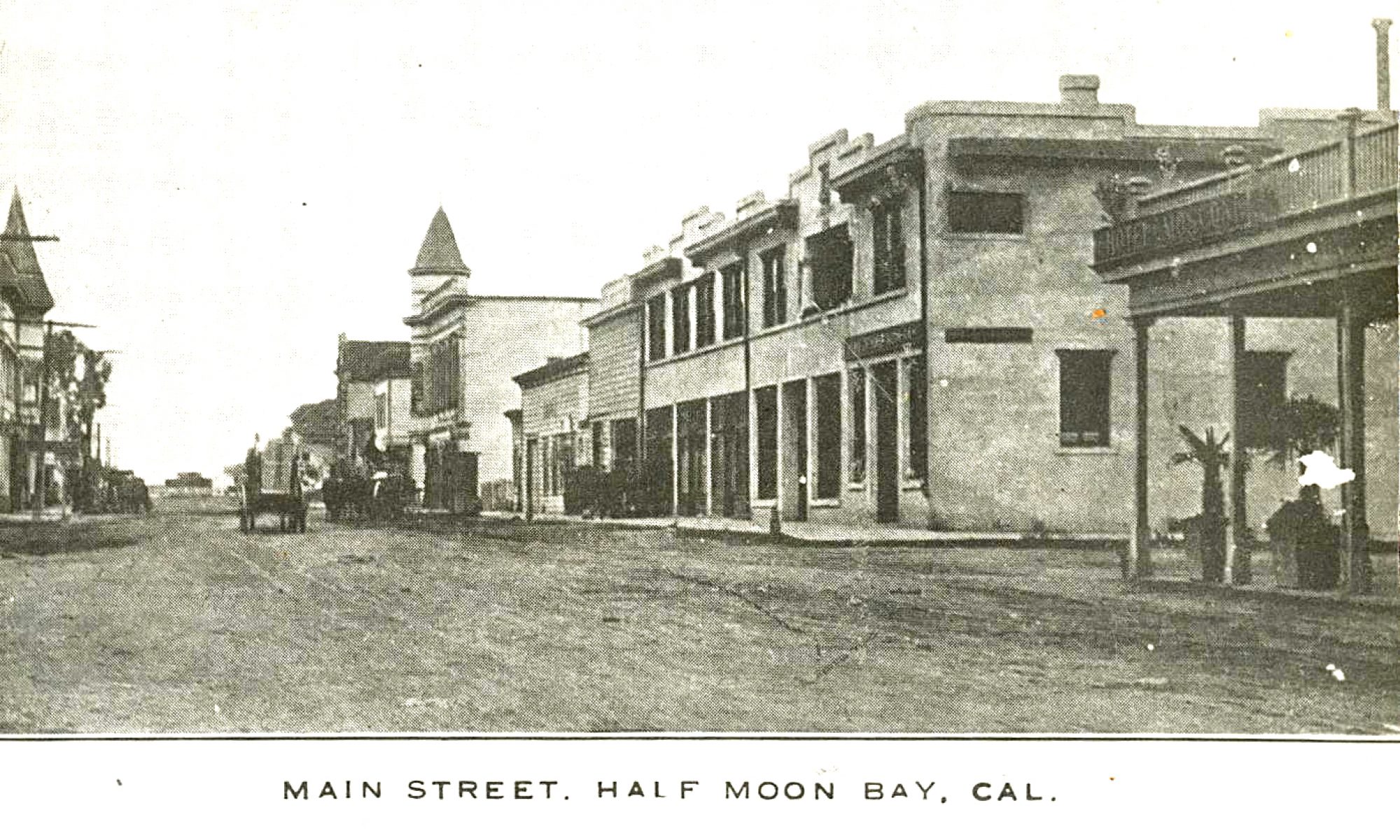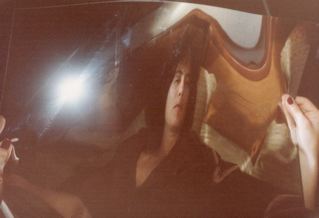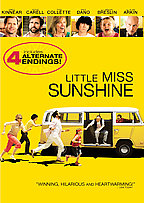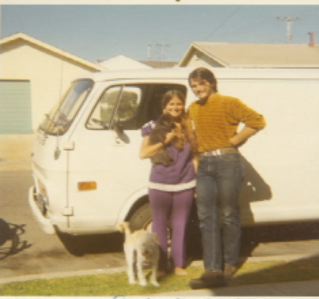You might wonder–legitimately–why I was going to interview the stellar attorney Marvin Lewis for a story about beatniks at Princeton. My answer is, read and you’ll see why–or at least I think you will. Suffice it to say I that via my Coastside research there had been several references to beatniks living at the old Abalone Factory. I worked hard to find a link (and I’ll get back to that later).
And in the fall of 1979 I walked into Mr. Lewis’s office on Market in San Francisco. He had a full head of hair and his voice was strong and there was no doubt in my mind that he knew exactly what he was going to say–and nothing else.
Of course I was excited. To me, “the local historian,” this was a long way from stories about the Ocean Shore Railroad and artichokes–for me, this was going to be really good stuff. Unlike some of my local interviews with people who were reluctant to talk about the colorful prohibition era and their role in it, Marvin Lewis had no inhibitions whatsoever.
He was perfect the interview. He knew why I was there and he was ready to go and anxious to tell me the story he would never forget. (Marvin Lewis passed away in 1992).
June: [I got straight to the point]: How did you get involved with Michael McCracken?
Marvin Lewis: Well, I’ll tell you how I became involved. In my early years of the law, and I still do some criminal work, I did heavier criminal work. I don’t know how many years we’re going back. I can’t place it exactly. I know I was living in Hillsbourugh so it has to be within the last 20 years.
Maybe 15 years ago if we can place the beatnik era. But it seems that there was a superior court judge in Los Angeles County who knew of me as a lawyer in San Francisco. And he was a personal friend of a wealthy doctor and his wife. And they had three daughters. Two of the daughters had married establishment men and they lived in Beverly Hills and Westwood in L.A.
And, the daughter, Carol, had become, and we’ll use the term–a beatnik.
Mainly lived at that time drinking in the pubs, where the poets recited and the artists had their paintings.
[Carol] had been—was up for trial for the sale of cocaine. And I said I’d like to speak to the mother and the mother came up with one of the daughters, and a very elegantly dressed woman, and a very fine woman, and very distressed over the situation.
[Carol’s mother said her daughter] had been living with a man by the name of McCracken, an artist.
I named a fee. It was substantial and I was paid the fee. I said to have the daugher come in.








